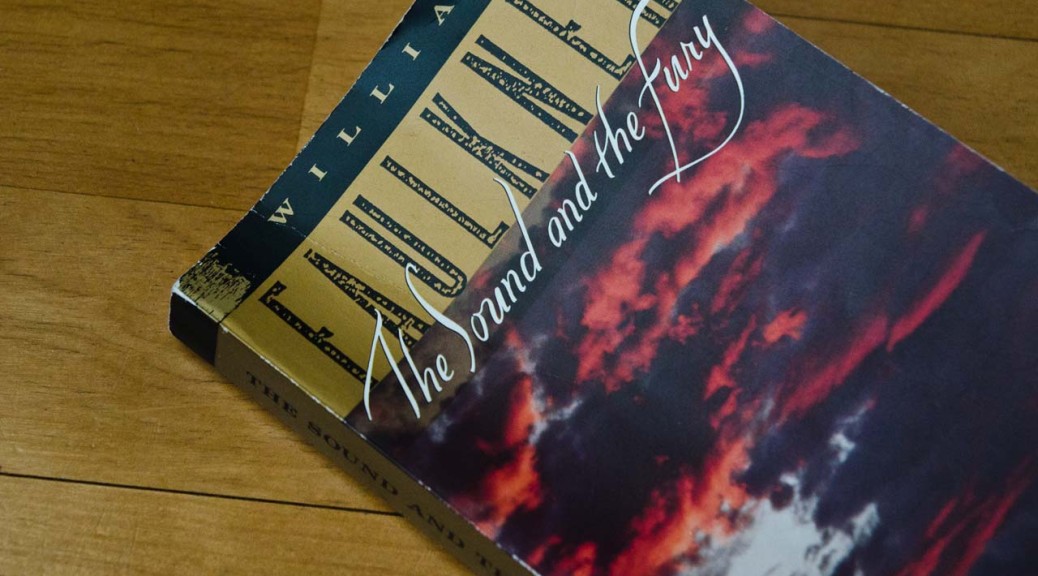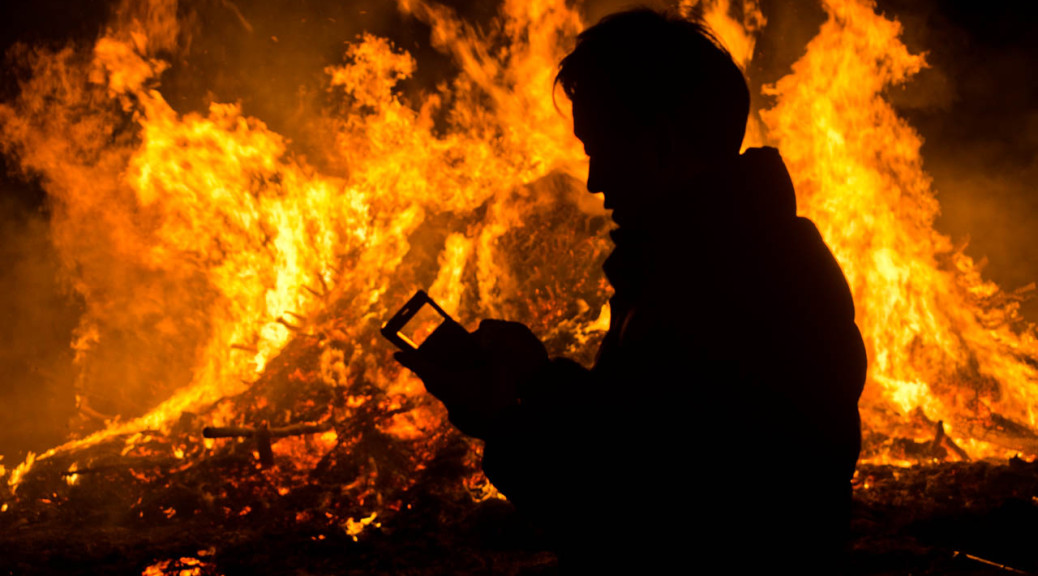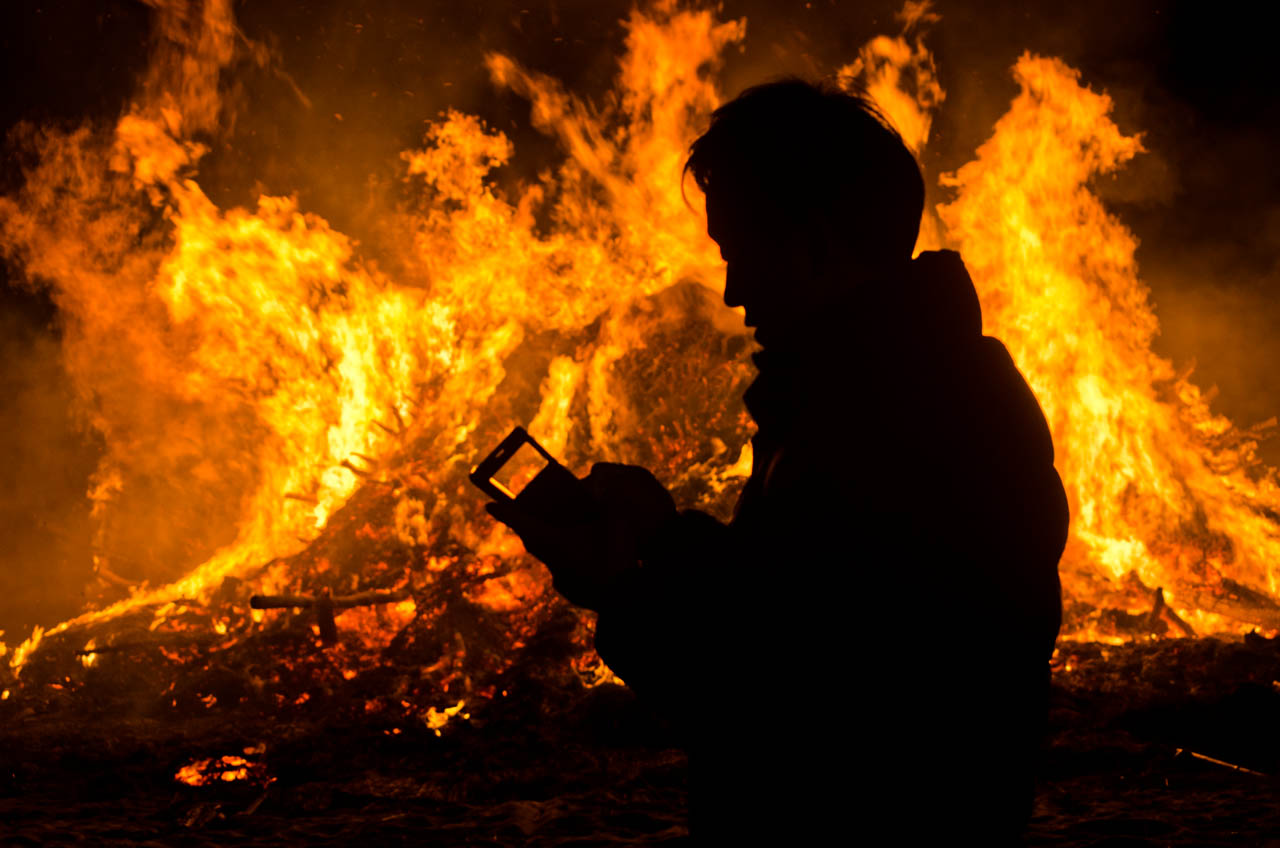Nobel Laureates 1980-1984
Jaroslav Seifert 1984
Czechoslovakia/Austria-Hungary (poetry)
Deštník z Picadilly
William Golding 1983
UK (novel/poetry/drama)
Lord of the Flies, The Inheritors, Free Fall
Gabriel García Márquez 1982
Colombia (novel/short story)
Cien años de soledad, Crónica de una muerte anunciada, El coronel no tiene quien le escriba
Elias Canetti 1981
UK/Bulgaria (drama/novel/essay)
Czesław Miłosz 1980
Poland (poetry/essay)
Nobel Laureates 1989-1985
Camilo José Cela 1989
Spain (novel/short story) (see Generacion del 36 and tremendismo)
The Family of Pascual Duarte (La familia de Pascual Duarte), La colmena, San Camilo, 1936
نجيب محفوظ Naguib Mahfouz 1988
Egypt (novel/short story/screenplay)
ثلاثية القاهرة The Cairo Trilogy (Palace Walk بين القصرين, Palace of Desire قصر الشوق, Sugar Street السكرية [Novels named after actual streets in Cairo,])
Ио́сиф Алекса́ндрович Бро́дский Joseph Brodsky 1987
US/Soviet Union (poetry/essay)
Less Than One: Selected Essays, Collected Poems in English, 1972–1999, To Urania : Selected Poems, 1965–1985
Akinwándé Oluwolé Babátúndé Sóyinká Wole Soyinka 1986
Nigeria (drama/novel/poetry)
Season of Anomy, The Interpreters, Death and the King’s Horseman
Claude Simon 1985
France/Madagascar (novel)
Nobel Laureates 1994-1990
大江 健三郎 Kenzaburō Ōe 1994
Japan (novel)
Work: 個人的な体験 A Personal Matter, 万延元年のフットボール The Silent Cry
Toni Morrison 1993
US (novel)
Work: The Bluest Eye, Beloved, Song of Solomon
Derek Walcott 1992
Santa Lucia (poetry/drama)
Work: Dream on Monkey Mountain, Omeros,
Nadine Gordimer 1991
South Africa (novel/short story)
Work: The Conservationist, Burger’s Daughter, July’s People
Octavio Paz 1990
Mexico (poetry/essay)
Work: Piedra de sol, Salamandra, El laberinto de la soledad, Vislumbres de la India
Nobel Laureates 1999-1995
Günter Grass 1999
Germany (novel, drama, graphic design) Nazi Germany
Work: The Tin Drum, Cat and Mouse, Dog Years (Danzig Trilogy)
José Saramago 1998
Portugal (novel)
Work: Memorial do Convento (Baltasar and Blimunda), O Evangelho Segundo Jesus Cristo (The Gospel According to Jesus Christ), Ensaio sobre a cegueira (Blindness), História do Cerco de Lisboa (The History of the Siege of Lisbon)
Dario Fo 1997
Italy (drama)
Work: Guerra di popolo in Cile, Non Si Paga! Non Si Paga! (Can’t Pay? Won’t Pay!, Il Papa e la strega (The Pope and the Witch)
Wisława Szymborska 1996
Poland (poetry)
Work: Love At First Sight poem (Watch Three Colors: Red), Here, View With a Grain of Salt: Selected Poems
Seamus Heaney 1995
UK/Ireland (poetry)
Work: Beowulf 1999 translation, Death of a Naturalist, The Spirit Level
NOBEL LAUREATES 2004-2000
Elfriede Jelinek 2004
Germany (drama/novel)
Die Klavierspielerin (The Piano Teacher), Die Kinder der Toten (The Children of the Dead), Greed, Lust
J. M. Coetzee 2003
South Africa (novel/essay)
Work: Boyhood, Life & Times of Michael K, Waiting for the Barbarians
Imre Kertész 2002
Hungary (novel)
Work: Fatelessness, Kaddish for an Unborn Child
Sir V. S. Naipaul 2001
Trinidad and Tobago/UK (novel)
Work: The Loss of El Dorado, The Enigma of Arrival, Guerrillas
高行健 Gao Xingjian 2000
China/France (novel/screenwriter)
Work: 給我老爺買魚竿 Buying a Fishing Rod for My Grandfather, 靈山 Soul Mountain, 一個人的聖經 One Man’s Bible

The Sound and The Fury
Faulkner, William. The Sound and The Fury. New York: Vintage International, 1990. Print. (1984 correction, first ed. 1929)
Luster “If you don’t hush, you know what I going to do. I going to eat that cake all up. Eat them candles, too. Eat all them thirty three candles. Come on, les go down to the branch. I got to find my quarter.” p. 4
“”Where’d you get a quarter, boy. Find it in white folks’ pocket while they aint looking.”
“Got it at the getting place.” Luster said. “Plenty more where that one come from. Only I got to find that one. Is you all found it yet.”
“I aint studying no quarter. I got my own business to tend to.”” p. 14
“The bones rounded out of the ditch, where the dark vines were in the black ditch, into the moonlight, like some of the shapes had stopped.” p. 33-34
“Caddy got the box and set it on the floor and opened it. It was full of stars. When I was still, they were still. When I moved, they glinted and sparkled. I hushed.” p. 41
Et ego in arcadia (Et in arcadia ego)p. 44
“And one evening, when they was about a dozen them bluegum chillen running around the place, he never come home. Possum hunters found him in the woods, et clean. And you know who et him. Them bluegum chillen did.” p. 69
“You’ve been running a long time, not to’ve got any further off than mealtime, Jason said.” p. 71
“Then he went to the window and looked out. He came back and took my arm. Here she come, he said. Be quiet, now. We went to the window and looked out. It came out of Quentin’s window and climbed across into the tree. We watched the tree shaking. The shaking went down the tree, then it came out and we watch it go away across the grass. Then we couldn’t see it.” p. 74
“I give it to you not that you may remember time, but that you might forget it now and then for a moment and not spend all your breath trying to conquer it. Because no battle is ever won he said. They are not even fought. The field only reveals to man his own folly and despair, and victory is an illusion of philosophers and fools.” p. 76
“I passed the jeweler’s window, but I looked away in time. At the corner two bootblacks caught me, one on either side, shrill and raucous, like blackbirds. I gave the cigar to one of them, and the other one a nickel. Then they let me alone. The one with the cigar was trying to sell it to the other for the nickel.” p. 83
“He was going bald. There was a glass in his eye–a metal tube screwed into his face. I went in.
The place was full of ticking, like crickets in September grass, and I could hear a big clock on the wall above his head. He looked up, his eye big and blurred and rushing beyong the glass.” p. 83
“There were about a dozen watches in the window, a dozen different hours and each with the same assertive and contradictiory assurance that mine had, without any hands at all. Contradiction one another.” p. 85
“And all that day, while the train wound through rushing gaps and along ledges where movement was only a laboring sound of the exhaust and groaning wheels and the eternal mountains stood fading into the thick sky,” p. 88
“The ship went through the bridge, moving under bare poles like a ghost in broad day, with three gulls hovering above the stern like toys on invisible wires.” p. 89-90
***”It twinkled and glinted, like breathing, the float slow like a breathing too, and debris half submerged, healing out to the sea and the caverns and the grottoes of the sea.” p. 90
“You can feel noon. I wonder if even miners in the bowels of the earth.” p. 104
“Father said that a man is the sum of his misfortunes. One day you’d think misfortune would get tired, but then time is your misfortune Father said.” p. 104
“I could still see the smoke stack. That’s where the water would be, healing out to the sea and the peaceful grottoes.” p. 112
“Only our country was not like this country. There was something about just walking through it. A kind of still and violent fecundity that satisfied even bread-hunger like. Flowing around you, not brooding and nursing every niggard stone.” p. 113
“The bridge was of gray stone, lichened, dappled with slow moisture where the fungus crept. Beneath it the water was clear and still in the shadow, whispering and clucking about the stone in fading swirls of spinning sky.” p. 115
“The arrow increased without motion, then in a quick swirl the trout lipped a fly beneath the surface with that sort of gigantic delicacy of an elephant picking up a peanut.” p. 116-117
***”Then they talked about what they would do with twenty-five dollars. They all talked at once, their voices insistent and contradictory and impatient, making of unreality a possibility, then a probability, then an incontrovertible fact, as people will when their desires become words.” p. 117
“He leaned on the rail, looking down at the trout which he had already spent, and suddenly the acrimony, the conflict, was gone from their voices, as if to them too it was as though he had captured the fish and bought his horse and wagon, they too partaking of that adult trait of being convinced of anything by an assumption of silent superiority.” p. 118
“The street turned again. I could see the white cupola, the round stupid assertion of the clock.” p. 124
“took up the coins and found two coppers in her apron and gave them to me. I handed them to the little girl. Her fingers closed about them, damp and hot, like worms.” p. 126-127
“She looked at me. She chewed quietly and steadily; at regular intervals a small distension passed smoothly down her throat. I opened my package and gave her one of the buns. “Good bye,” I said. p. 129
“Them furriners. I cant tell one from another. You might take her across the tracks where they live, and maybe somebody’ll claim her.” p. 130
“I don’t know
outside the gray light the shadows of things like dead
things in stagnant water” p. 157
“I went to the diningroom. Quentin was sitting with her head bent. She had painted her face again. Her nose looked like a porcelain insulator.” p. 257
“She had been a big woman once but now her skeleton rose, draped loosely in unpadded skin that tightened again upon a paunch almost dropsical, as though muscle and tissue had been courage or fortitude which the days or the years had consumed until only the indomitable skeleton was left rising like a ruin or a landmark above the somnolent and impervious guts, and above that the collapsed face that gave the impression of the bones themselves being outside the flesh, lifted into the driving day with an expression at once fatalistic and of a child’s astonished disappointment, until she turned and entered the house again and closed the door.” p. 265-266
“saw the old woman in her quilted dressing gown at the head of the stairs, calling her name with machinelike regularity.” p. 270
“It was not the bottle which Mrs Compson wanted, however, and clutching it by the neck like a dead hen Dilsey went to the foot of the stairs and looked upward.” p. 270
“She made no further move, but though she could not see her save as a blobby shape without depth, Mrs Compson knew that she had lowered her face a little and that she stood now like cows do in the rain, holding the empty water bottle by its neck.” p. 272
“The window was open. A pear tree grew there, close against the house. It was in bloom and the branches scraped and rasped against the house and the myriad air, driving in the window, brought into the room the forlon scent of the blossoms.” p.
“The Ben wailed again, hopeless and prolonged. It was nothing. Just sound. It might have been all time and injustice and sorrow become vocal for an instant by a conjunction of planets.” p. 288
“Two tears slid down her fallen cheeks, in and out of the myriad coruscations of immolation and abnegation and time.” p. 295
“But he bellowed slowly, abjectly, without tears; the grave hopeless sound of all voiceless misery under the sun.” p. 316
To read Absalom, Absalom! (1936), A Fable (1954), As I lay Dying (1930)
To re-read The Sound and the Fury.
Read the poem Kubla Khan (1816) by Samuel Taylor Coleridge
In Xanadu did Kubla Khan
A stately pleasure-dome decree :
Where Alph, the sacred river, ran
Through caverns measureless to man
Down to a sunless sea.
To read poem The Waste Land (1922) by T. S. Eliot
Nobel Laureates 2009-2005
Herta Müller 2009
Germany/Romania (novel/poetry) communism under Nicolae Ceaușescu
Work: Nadirs, The Land of Green Plums, The Passport
J. M. G. Le Clézio 2008
France/Mauritania (novel/poetry/short story)
Work: Le Procès-Verbal (The Interrogation), Désert (Desert)
Doris Lessing 2007
Britain (novel/short story)
Work: The Grass Is Singing, Cat Tales (The Old Age of El Magnifico)
Orhan Pamuk 2006
Turkey (novel, screenwriting)
Work: The White Castle, The Black Book, The New Life, My Name Is Red,Snow, The Museum of Innocence, A Strangeness in My Mind
Harold Pinter 2005
UK (drama, screenplay)
Work: screenplay: The Servant (1963), The Go-Between (1971), The French Lieutenant’s Woman (1981),The Trial (1993), Sleuth (2007). Drama: The Birthday Party, The Homecoming
Nobel Laureates 2015-2010
Svetlana Alexievich 2015
Belarus (born in Ukraine SSR) (Soviet history/essay)
Work: Zinky Boys: Soviet Voices from the Afghanistan War, Voices from Chernobyl: The Oral History of a Nuclear Disaster
Patrick Modiano 2014
France (novel)
Work: Lacombe, Lucien (1974) (screenplay), The Occupation Trilogy
Alice Munro 2013
Canada (short story)
Work: Dance of the Happy Shades, Who Do You Think You Are?, The Progress of Love
管謨業 Mo Yan 2012
China (novel/short story)
Work: 红高粱家族 Red Sorghum, 丰乳肥臀 Big Breasts & Wide Hips, 酒国 The Republic of Wine:
Tomas Tranströmer 2011
Sweden (poetry/translation)
Work: Baltics, For the Living and the Dead, The Great Enigma
Mario Vargas Llosa 2010
Peru/Spain (essay/novel)
La ciudad y los perros, García Márquez: historia de un deicidio (essay)

달집
 Man looking at his phone near a burning daljib in Haeundae Beach, Busan, South Korea. February, 2016.
Man looking at his phone near a burning daljib in Haeundae Beach, Busan, South Korea. February, 2016.

